You know that feeling when two titans clash and everyone else has to duck for cover? That's exactly what we're witnessing with Apple and the European Union right now. This isn't just another corporate spat over regulations, it's a full-blown digital war that could reshape how we use our phones, download apps, and think about tech competition for years to come.
The battlefield is Europe's Digital Markets Act (DMA), a sweeping piece of legislation that became EU law in 2023 with one clear mission, break up what regulators see as Big Tech's stranglehold on digital markets. Apple is not going down quietly. Apple filed a legal challenge in June 2025 against the Commission's interoperability/order(s) under the DMA, making this a major court test of the law.
What makes this especially gripping is the scope. Apple is not just disputing a fine or a footnote. The tech giant has challenged the law on three distinct fronts: requirements for rival hardware compatibility with iPhones, the inclusion of the App Store under DMA rules, and investigations into iMessage regulation. In other words, the fight covers the phone, the store, and the messaging layer.
What's next in this digital showdown?
Neither side looks ready to blink. This is set to run for years and will shape how platforms operate and how much control they keep.
Apple, Google, and Meta are either appealing or preparing to appeal their fines and forced product changes to the European Court of Justice. Expect a long procedural grind, and in the meantime, product timelines will wobble. We could end up with a two-tiered world where European users get different versions of the same services.
The Commission is not easing off. It is reviewing the DMA's impact and, if anything, leaning into more scope. The Commission is evaluating the DMA's effectiveness and looks positioned to expand the law to include previously exempt markets like cloud computing. Potential changes include establishing an independent agency to replace the European Commission in enforcement and expanding coverage to include cloud services and AI.
Here is the knot that keeps tightening, the criticism from all sides underlines how difficult it will be for regulators to promote competition using a rulebook. The EU is trying to fix market structure with prescriptive rules, and companies like Apple say those rules smother innovation, all while deploying tactics that test the edges of compliance.
The endgame decides whether giants keep their integrated models or rework them to fit new guardrails. For European consumers, that could mean more choice and lower barriers, plus delays on cutting-edge features, a real trade-off between ideals and daily convenience.
What's clear is that this fight is more than another regulatory scuffle. It is a test of whether democratic governments can govern the most powerful corporations of the digital age, and whether those corporations can hold on to their advantages in a world that is getting more regulated by the month. The stakes could not be higher, and the fallout will shape innovation, competition, and consumer choice for years.






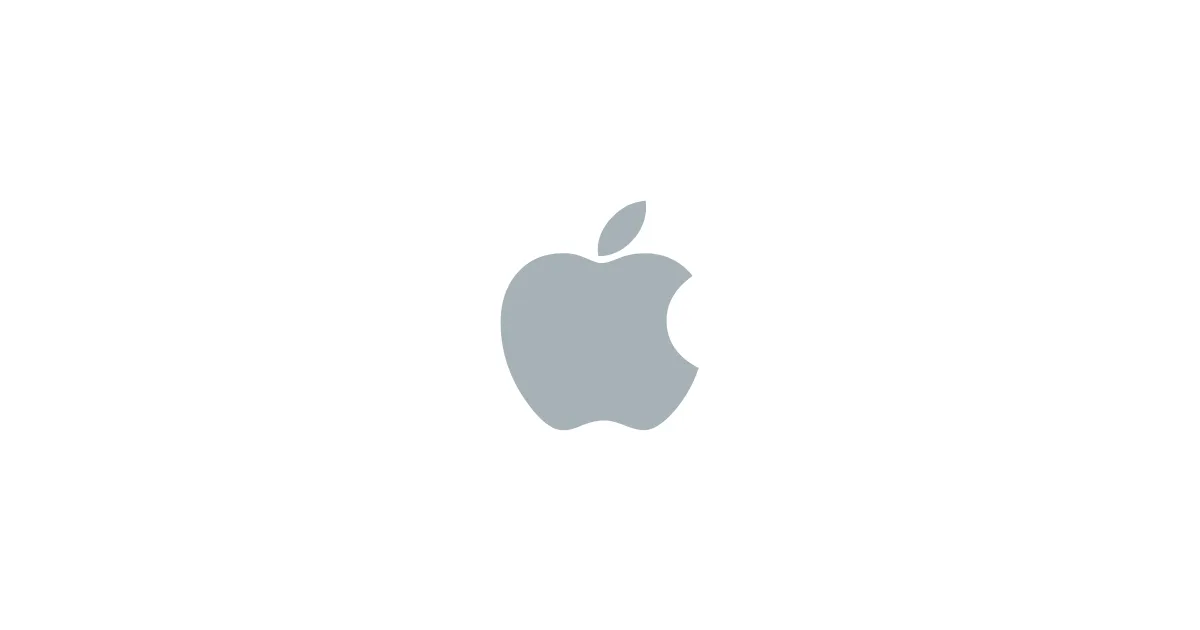
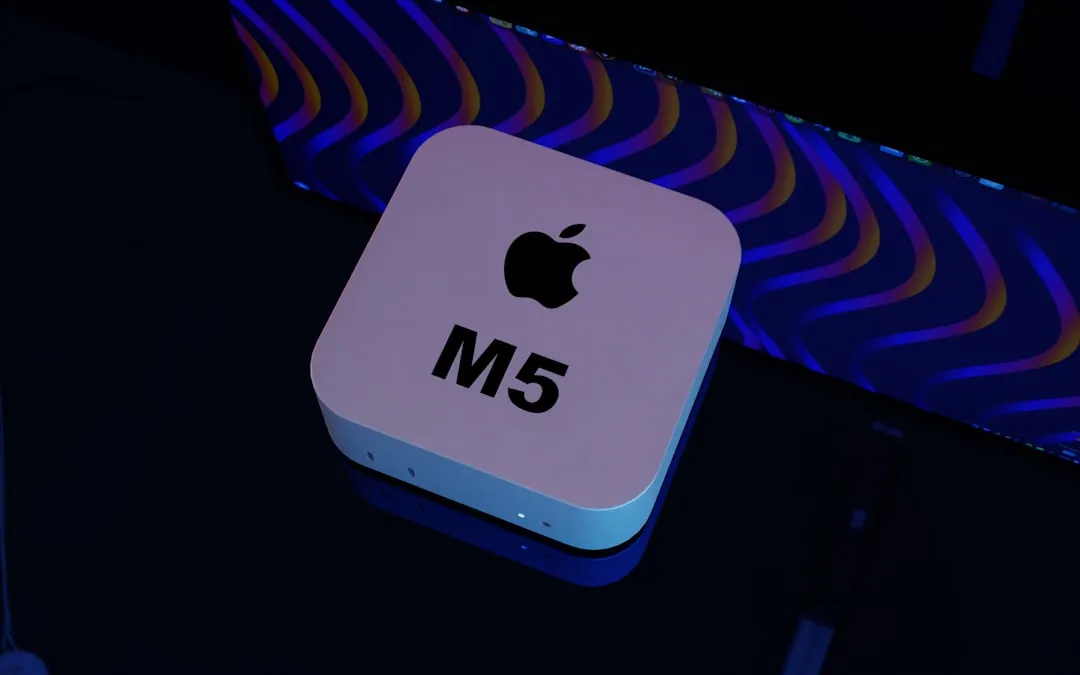
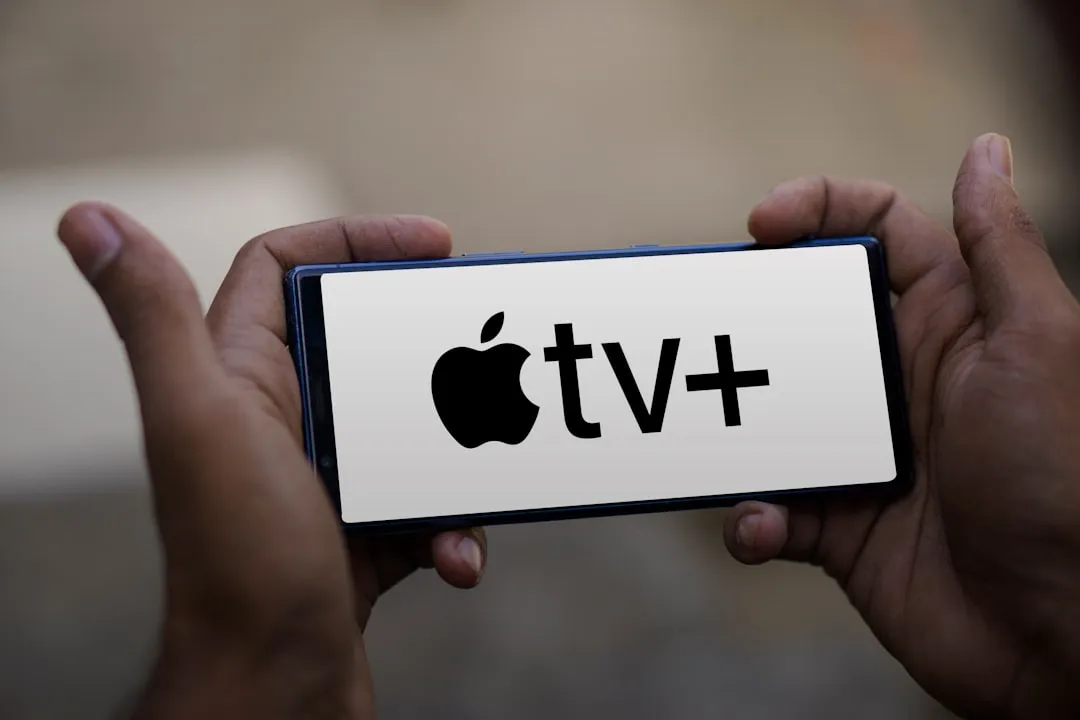
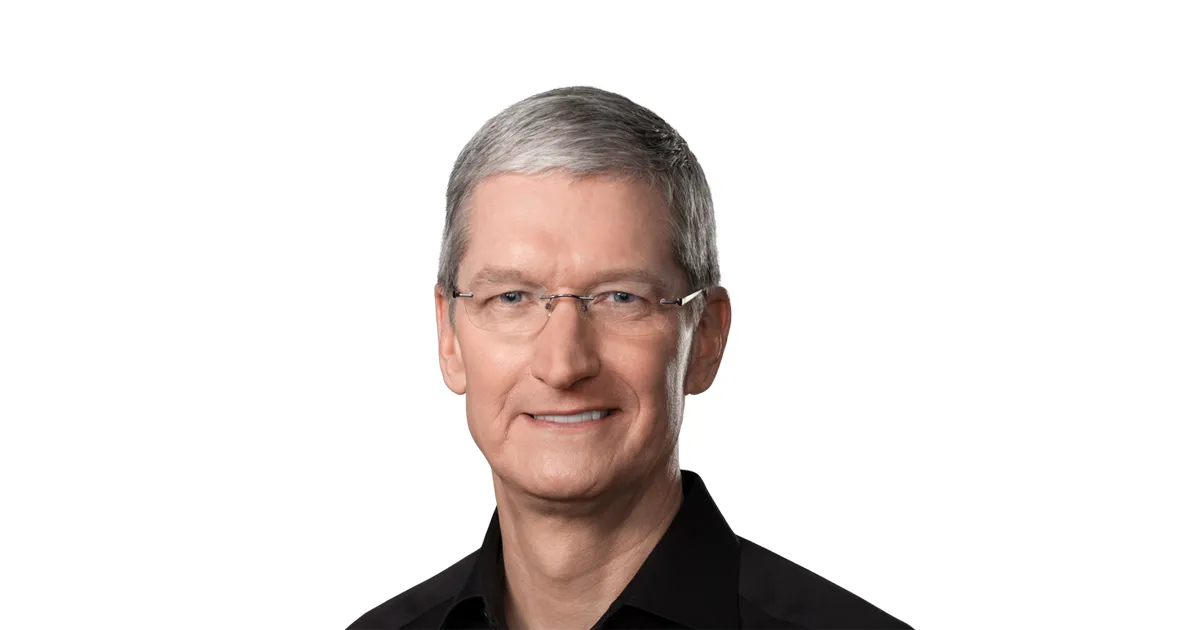
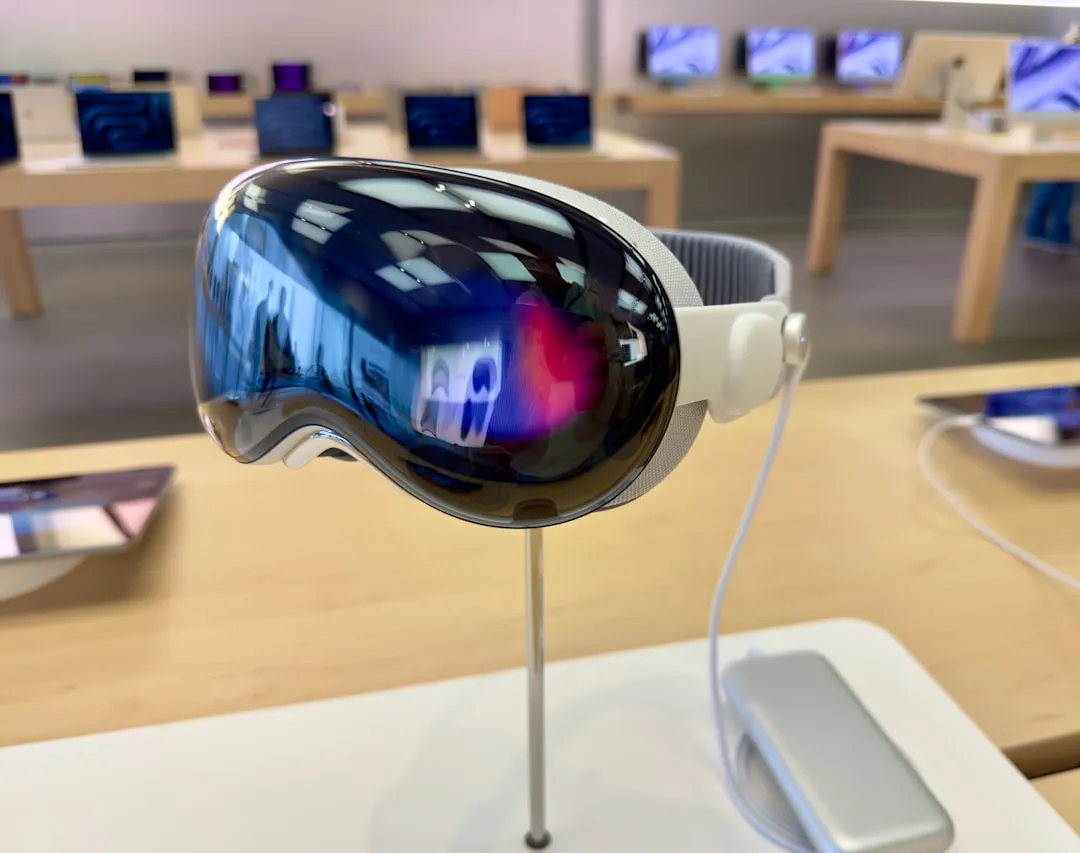
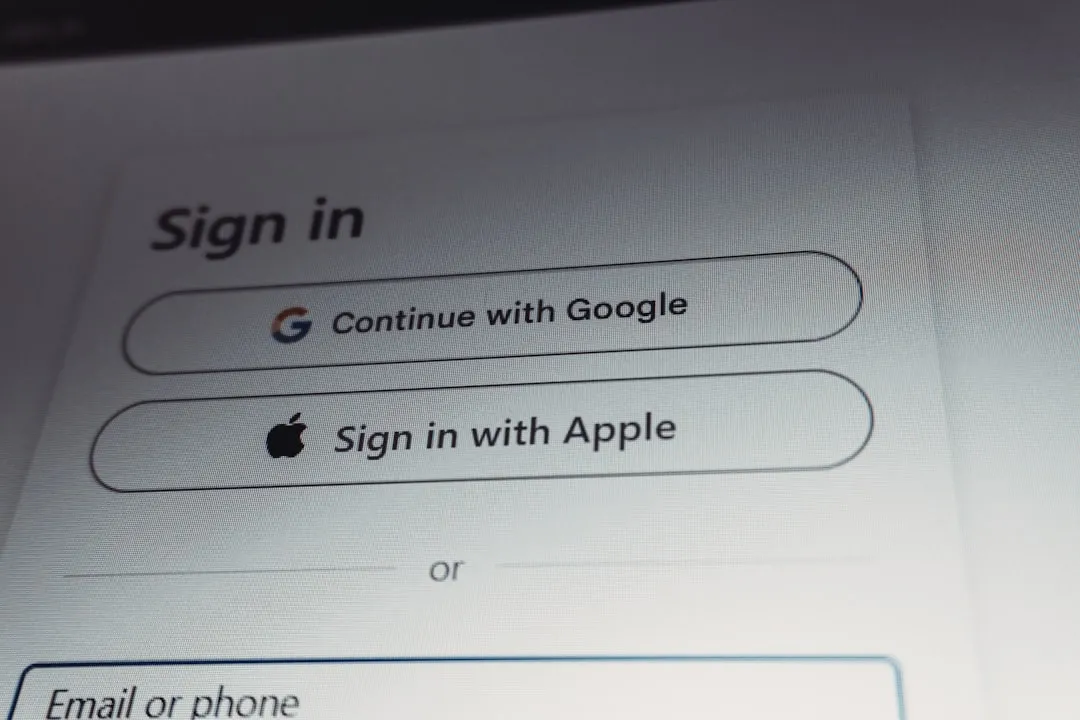

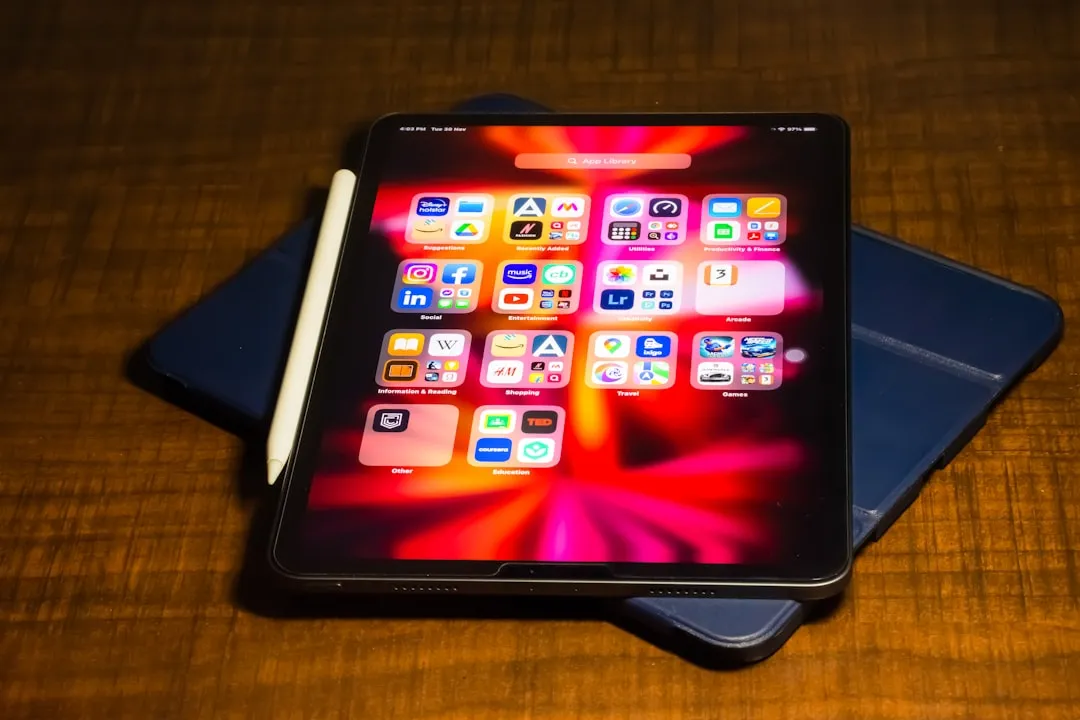
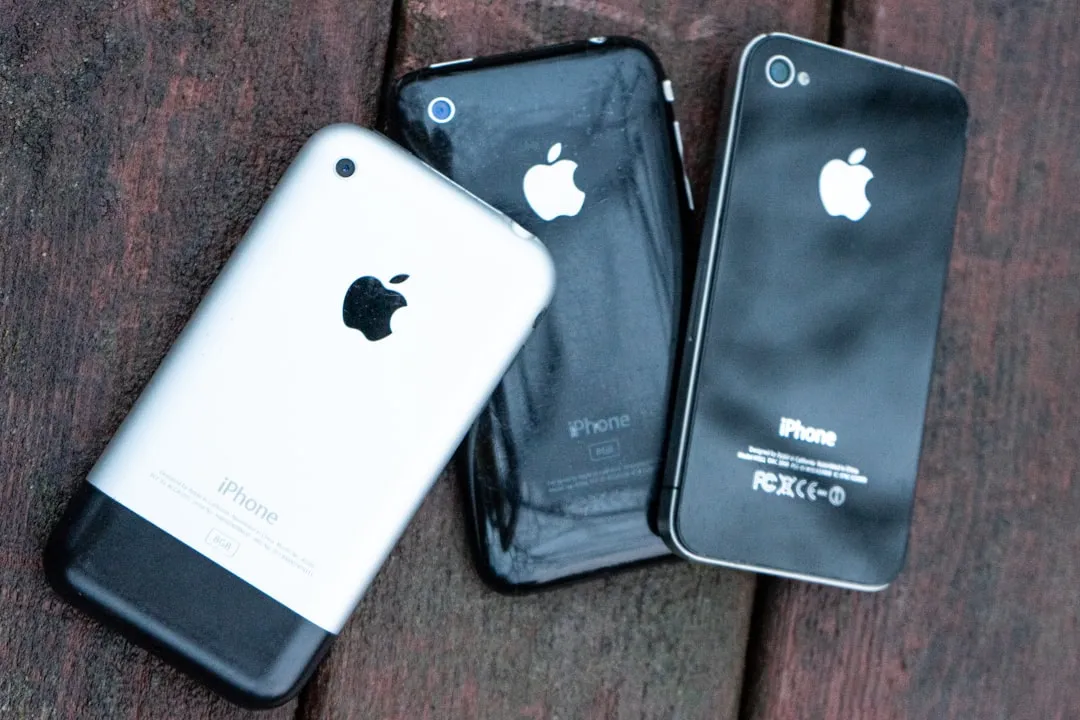
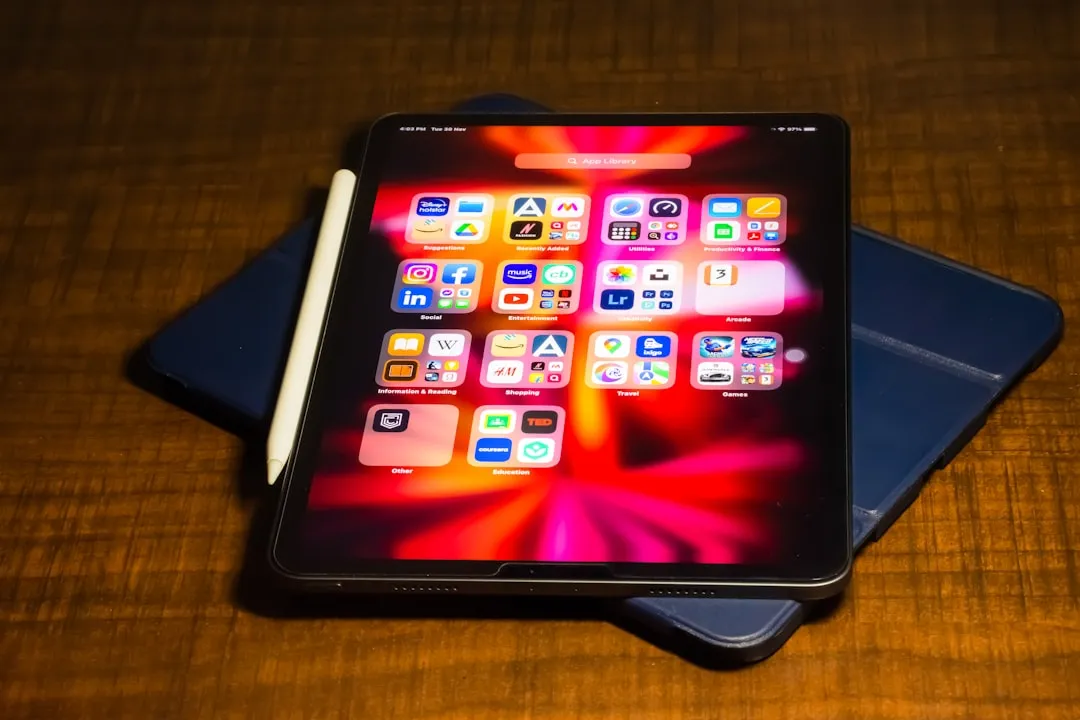

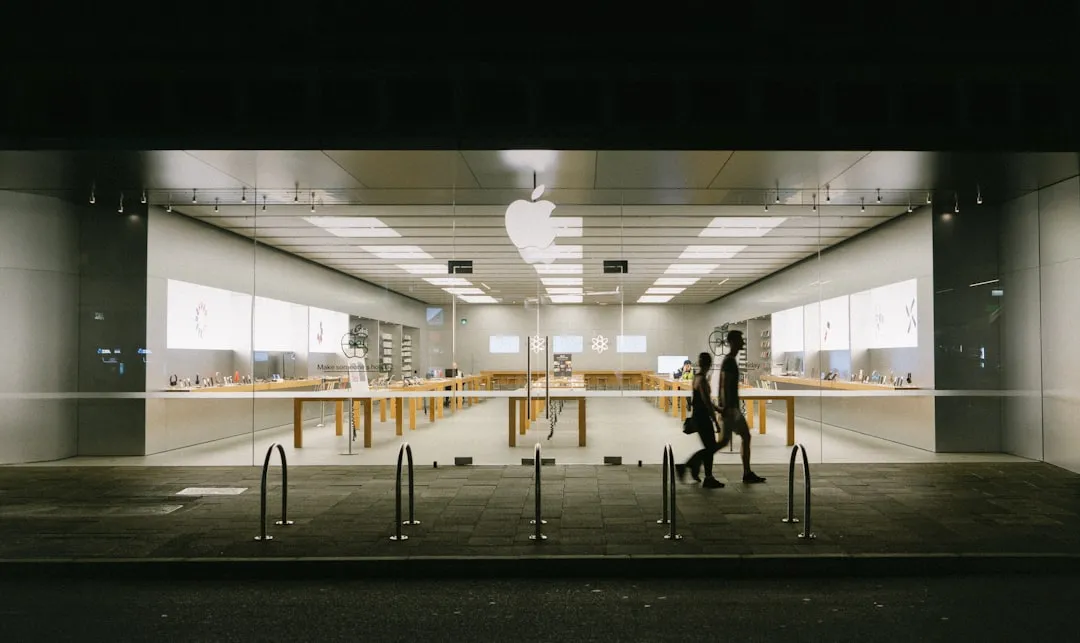
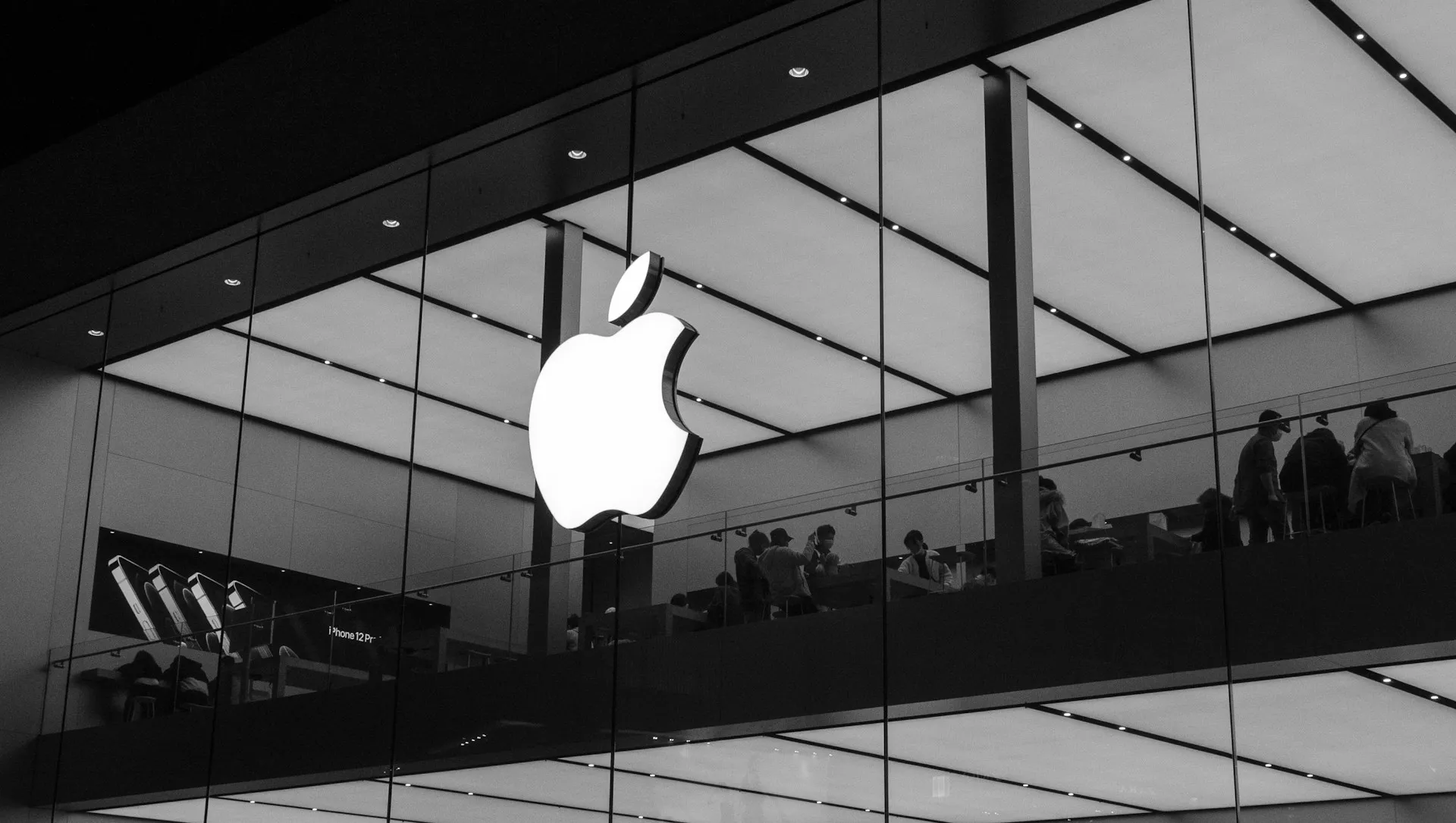
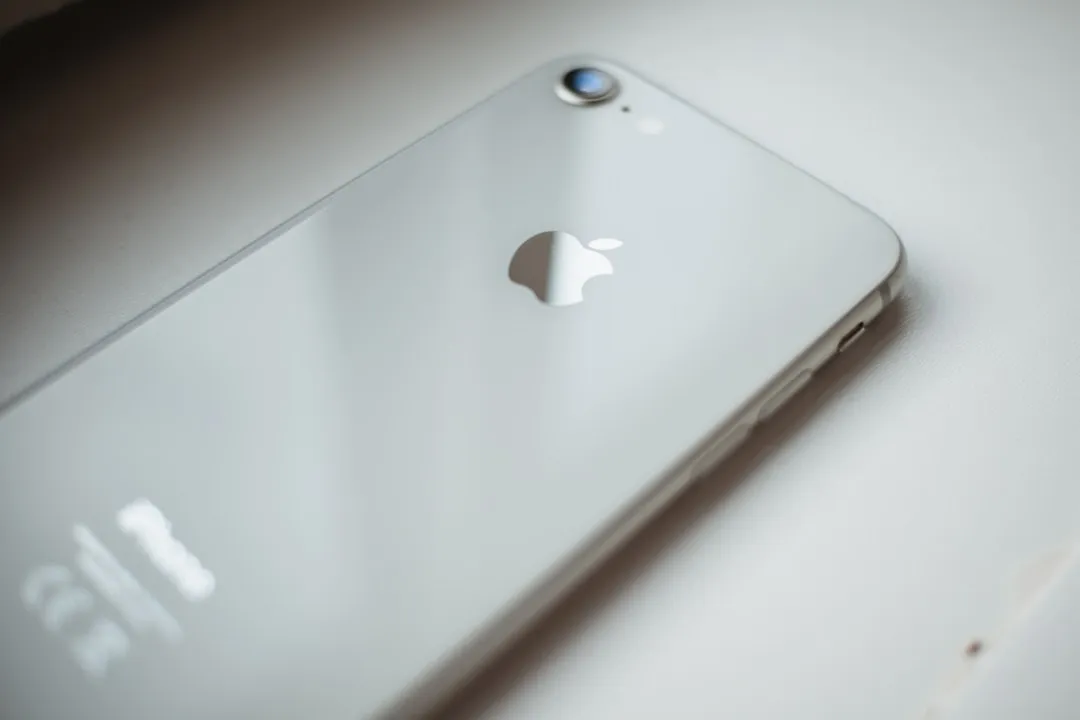


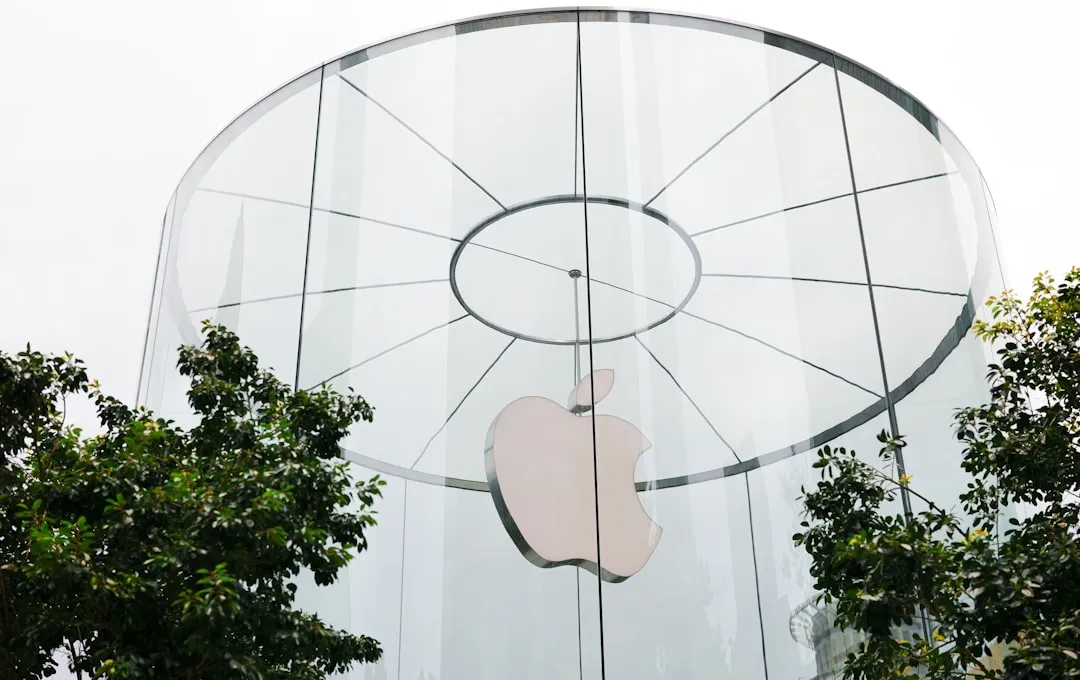


Comments
Be the first, drop a comment!